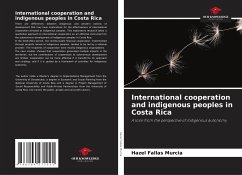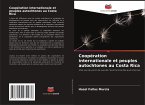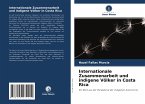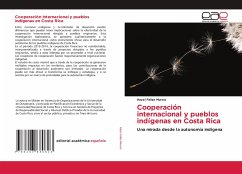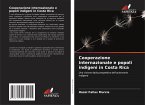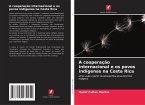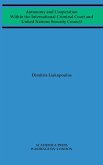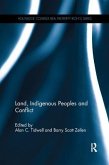There are differences between indigenous and western notions of development that may have implications for the effectiveness of international cooperation directed at indigenous peoples. This exploratory research takes a qualitative approach to international cooperation as an effective instrument for the autonomous development of indigenous peoples in Costa Rica.In the 2010-2014 period, non-reimbursable financial cooperation, implemented through projects aimed at indigenous peoples, tended to be led by a national provider. The recipients of cooperation were mostly indigenous organizations.The case studies showed that cooperation generated multiple impacts in the territories, but the contributions of cooperation to autonomous development are limited. Cooperation can be more effective if it transforms its approach and strategy, and if it is guided by a framework of priorities for indigenous autonomy.
Bitte wählen Sie Ihr Anliegen aus.
Rechnungen
Retourenschein anfordern
Bestellstatus
Storno

